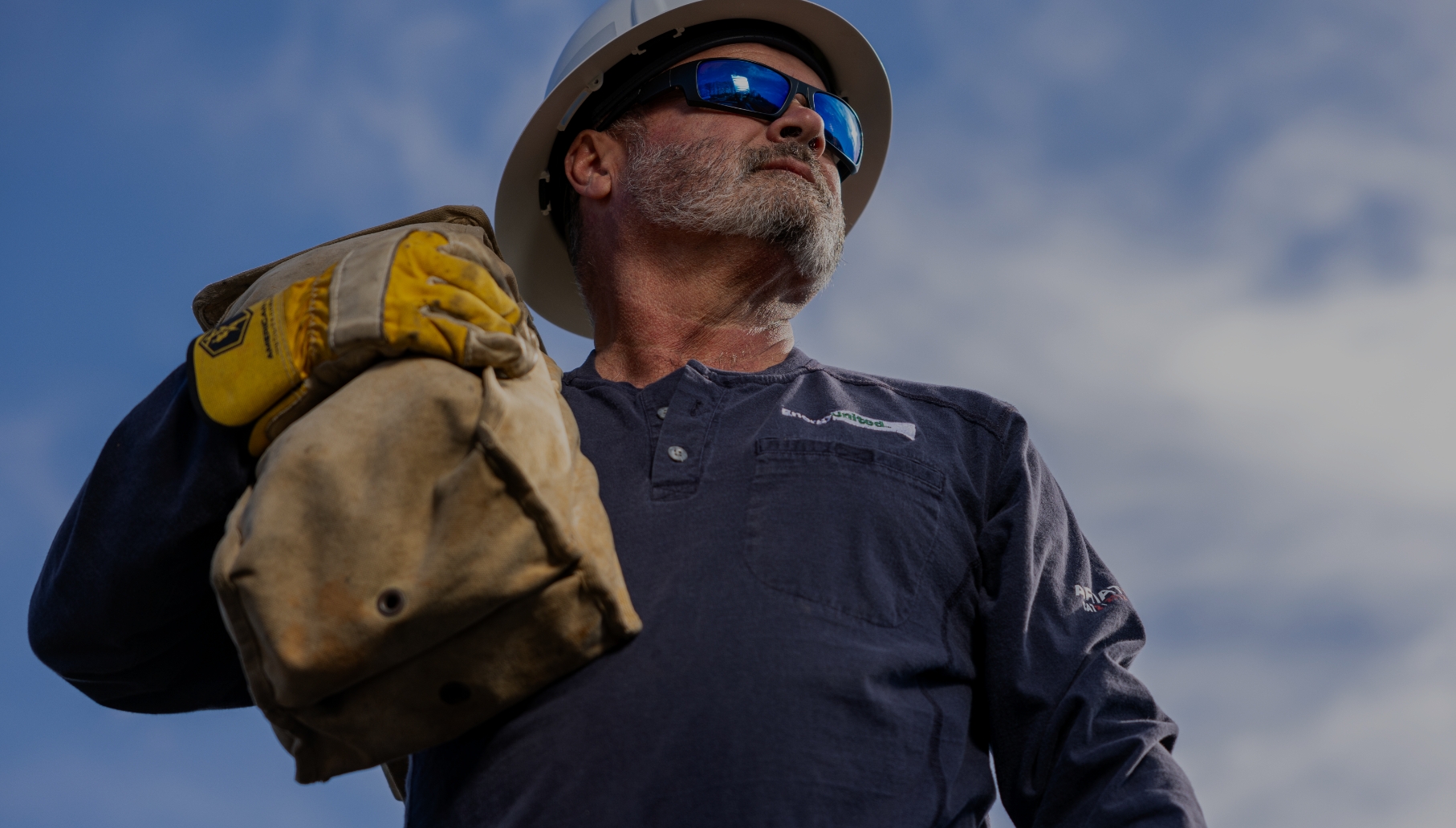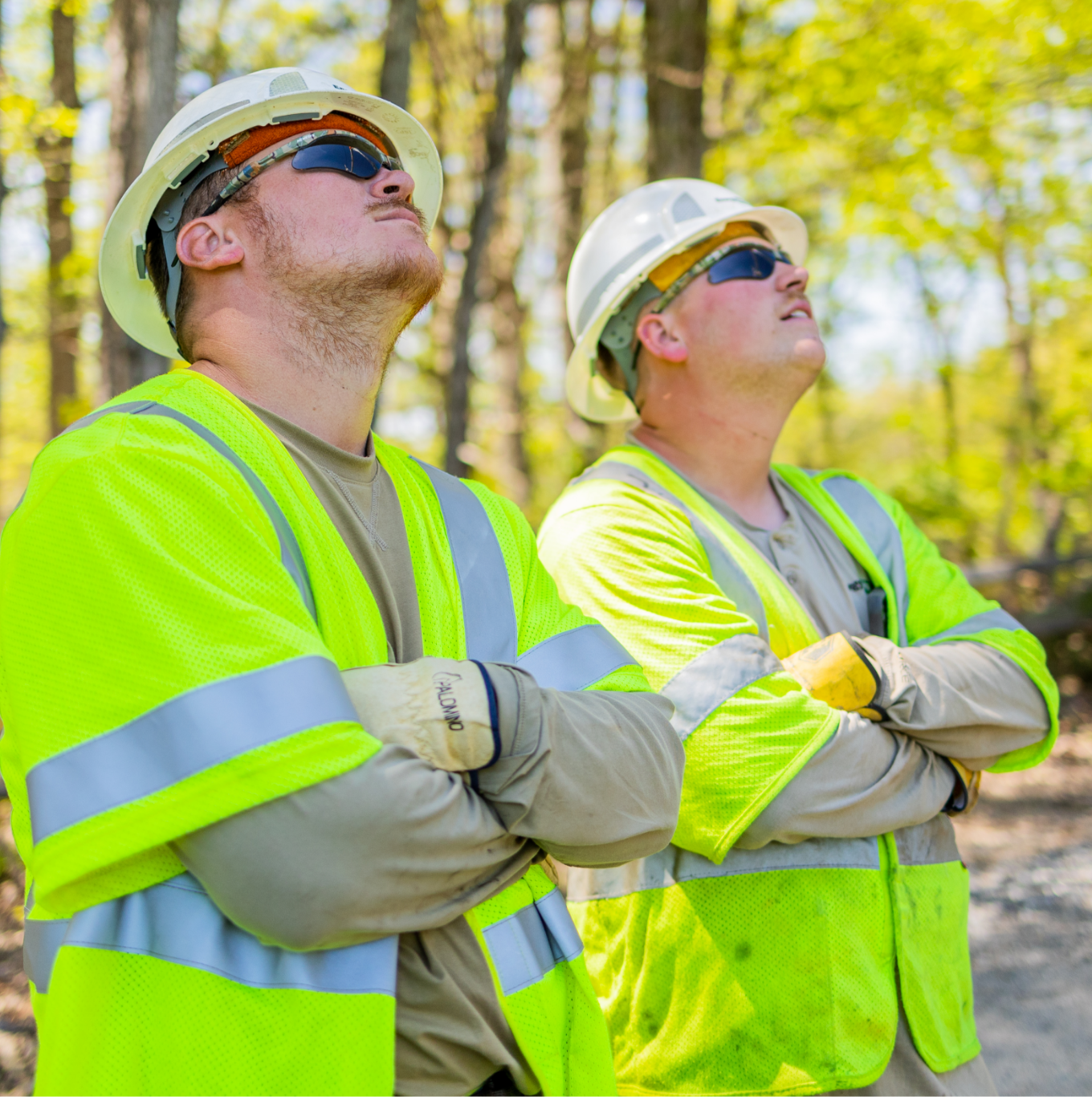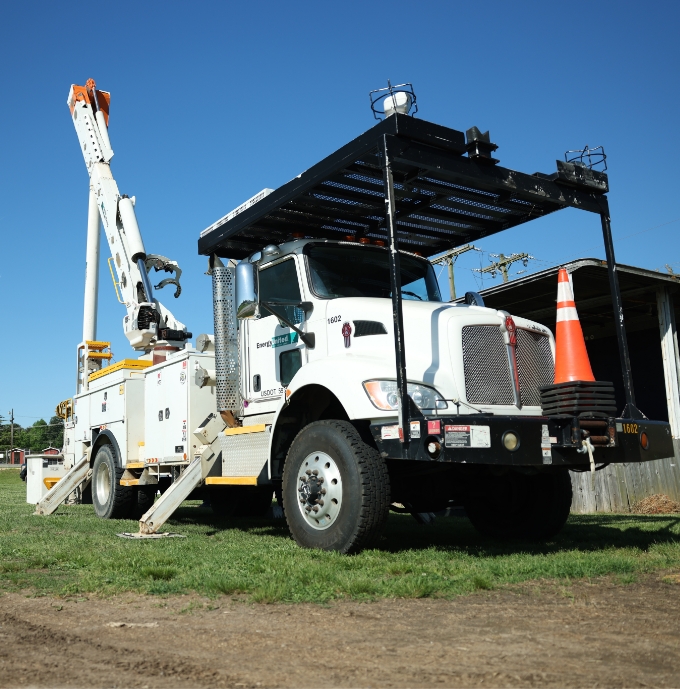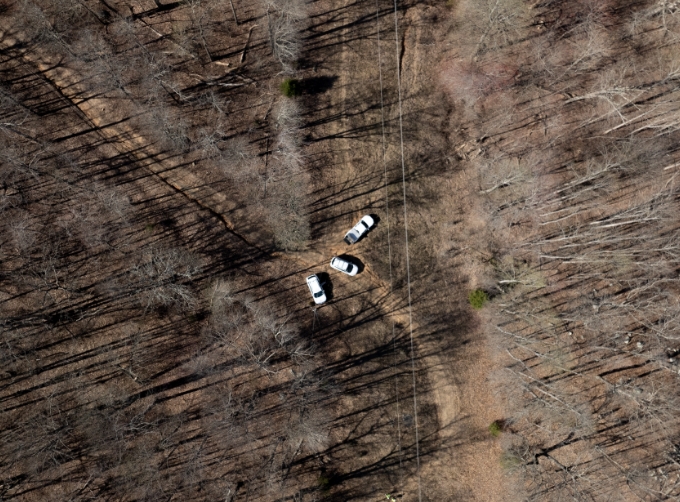
We take safety very seriously, which is why we’ve compiled some helpful tips for you to stay as safe as possible.
Be Alert,Be Alive

Our Be Alert, Be Alive Campaign is focused on increasing public awareness of important electrical safety practices. Our goal is for members to feel empowered to have conversations with loved ones about safety and test their safety smarts with our workpage and quiz linked below. Check it out!
Take our quiz DOWNLOAD ACTIVITY PAGEElectricalSafety Tips
-
Keep electrical equipment away from water.
-
Install Ground Fault Circuit Interrupters (GFCIs) to help prevent electrical incidents like electrical shock, ground faults, fires, overheating, and the destruction of wire insulation.
-
Be cautious around power lines when climbing a tree or a ladder to prevent accidents and ensure the safety of all.
-
Many DIY repairs are dangerous if proper precautions are not taken. Should any electrical issues arise, it is always best to have an expert handle it.
-
Avoid contact with any power line– always assume that a downed power line is energized and stay away.
-
Always inspect electrical cords and replace them if damaged or loose.
-
Avoid running extension cords across doorways or under carpets. Remember, extension cords are for temporary use ONLY.
-
If outlets or switches feel warm and you’re having problems with blowing fuses, tripped circuits, or flickering lights – please call a professional to fix the problem.
-
For households with small children, place safety caps along all unused outlets.
-
Teach children not to touch electrical outlets or appliances (especially with wet hands), whether they’re on or off.
-
Educate children on the dangers of “green boxes” (substations and transformers) and teach them not to play on them.
Be Alert, Be Alive: View more electrical safety tips here
OutageSafety Tips
In the event of a power outage, it’s important to prepare and protect you and your family until the electricity comes back on so you can get back to your normal routine. ONCE AN OUTAGE OCCURS, check your circuit breaker panel to make sure it isn’t tripped. If not, contact your neighbors to see if the outage is only within your home or on our powerlines. If there is an issue at your location, please contact EnergyUnited to report the outage.
It’s crucial to protect your home from an overload on your electrical system. Follow these tips to prepare your home when things get dark and to prevent the possibility of another outage occurring.
-
Keep one light on to see when the power comes back on. Keep the remainder off.
-
Turn off all unnecessary appliances and make sure your electric kitchen range is off.
-
Turn on your porch lights so our linemen know when the power is back on in your neighborhood.
-
If an outage lasts more than an hour, turn off your electric water heater.
-
Avoid opening a freezer door. A full standing freezer will keep food temperatures preserved for up to two days.
-
If an outage happens during colder weather, close all windows and drapes to keep the heat inside your home.
-
If you see a downed power line outside, stay away and contact EnergyUnited at 1-800-EUNITED (1-800-386-4833) immediately.
-
Once the power comes back on, slowly turn on all appliances to avoid overload on your electrical system.
RestoringPower
Restoring power to the primary lines that serve our members is our main focus during an outage. We work as quickly and as safely as possible to ensure the satisfaction of all members. It’s important to know the guidelines EnergyUnited observes when restoring power to our service areas.
-
Our primary lines, which serve hundreds of members, are served first, followed by repair of the branch lines in less populated areas.
-
Medical facilities and individuals on life support are given the highest priority possible. Individuals who need medical assistance should seek shelter at their closest medical facility or call emergency services to be transferred.
-
Co-op crews around the state will assist EnergyUnited in restoring power in our service areas if outages and damages become too severe.
-
Find out more about How Power is Restored >>
If using aGenerator
Follow all safety instructions below to ensure you properly protect yourself and your family during a storm.
-
Only a qualified professional should install a generator.
-
Only run generators outside and avoid enclosed areas. Exhaust from generators contains carbon monoxide. Install carbon monoxide detectors in your home as a precaution.
-
Never add fuel when a generator is on or hot.
-
Do not connect a generator to your home’s wiring. A generator that is directly connected can feed back to other power lines in your area and injure neighbors or linemen.
-
Do not overload the generator with appliances. Use only when necessary, and only power the essentials.
-
Do not operate your generator in wet conditions, and protect your generator from natural elements.
-
Once you permanently install your backup generator, contact EnergyUnited so we can notify our utility workers when they are working on an outage in your area.
Call 811Before you dig

Digging without knowing the approximate location of underground utilities can result in damage to gas, electric, communications, water and sewer lines. This can lead to service disruptions, serious injuries and costly repairs. Always dial 811 at least three days before any digging project and let them know what kind of project you are working on. Utility companies who have potential facilities in the area of your dig site will be notified about your intent to dig. Each affected utility company will send a locator to mark the approximate location of your underground utility lines within 2-3 working days.

What isRight of way?
EnergyUnited is committed to providing safe and reliable electric service to our members by maintaining our right-of-ways, or paths of service, from trees and vegetation.
Learn More
